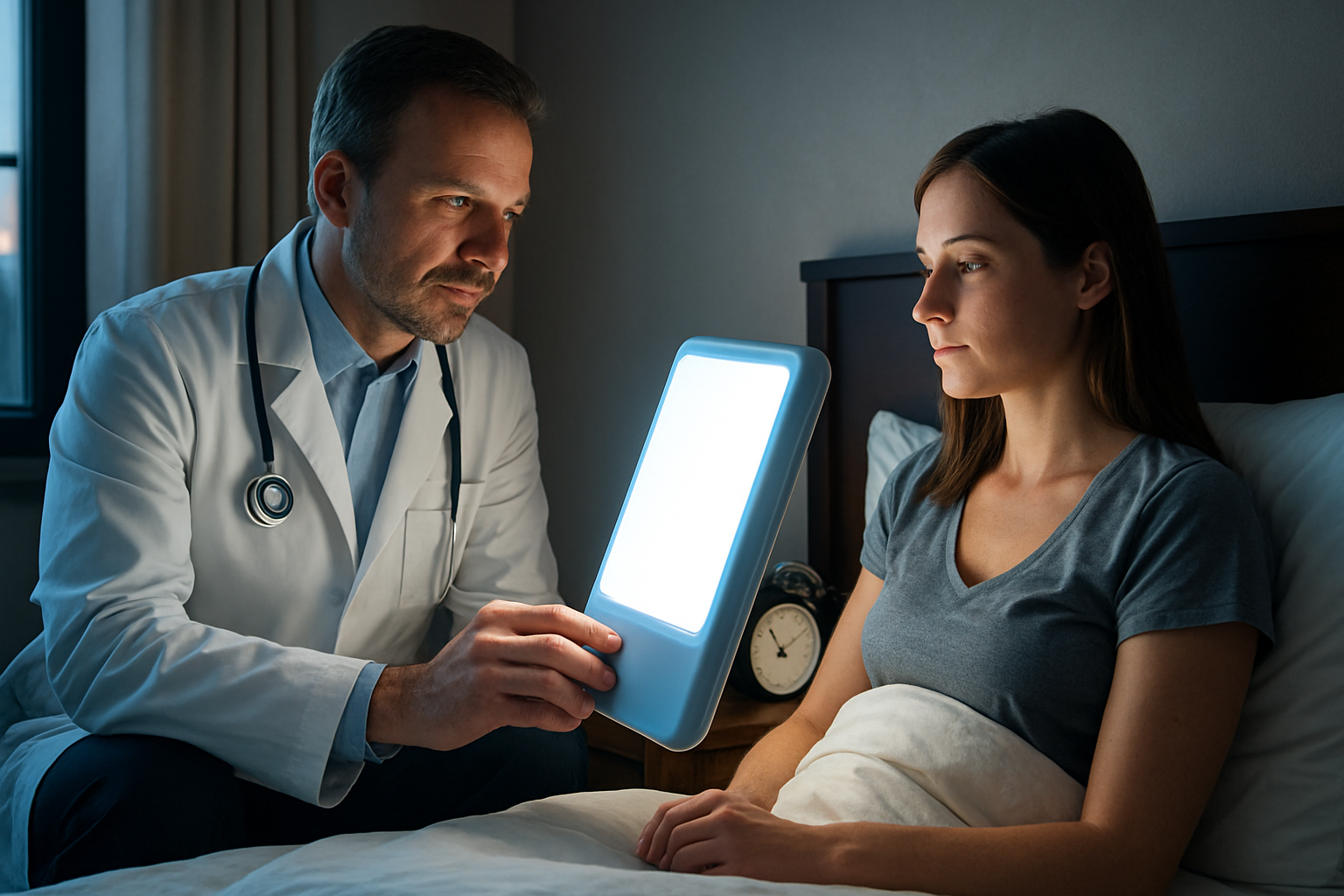Sleep Apnea: Understanding Its Impact and Exploring Treatment Options
Sleep apnea is a common yet potentially serious sleep disorder that affects millions of people worldwide. This condition, characterized by repeated interruptions in breathing during sleep, can have significant implications for overall health and quality of life. In this article, we'll delve into the nature of sleep apnea, its symptoms, diagnosis methods, and the various treatment options available through medical research and clinical trials.

The impact of sleep apnea on health can be significant. It can lead to daytime fatigue, irritability, and difficulty concentrating. More seriously, untreated sleep apnea increases the risk of high blood pressure, heart disease, stroke, and type 2 diabetes. It can also contribute to workplace accidents and motor vehicle crashes due to excessive daytime sleepiness.
How is sleep apnea diagnosed through clinical trials?
Diagnosis of sleep apnea often involves participation in clinical trials or sleep studies. These studies, known as polysomnography, are typically conducted in a sleep lab where various body functions are monitored overnight. Sensors track brain waves, eye movements, heart rate, blood oxygen levels, and breathing patterns. Home sleep tests are also available, though they may be less comprehensive than lab-based studies.
Clinical trials play a crucial role in advancing sleep apnea diagnosis. Researchers are continuously working on developing more accurate and convenient diagnostic tools. For instance, some trials are exploring the use of smartphone apps and wearable devices to detect sleep apnea symptoms, potentially making diagnosis more accessible and less intrusive.
What are the latest advancements in sleep apnea treatment?
Medical research has led to significant advancements in sleep apnea treatment. While Continuous Positive Airway Pressure (CPAP) therapy remains the gold standard, newer options are emerging:
-
Oral appliances: Custom-fitted devices that reposition the jaw to keep the airway open.
-
Hypoglossal nerve stimulation: An implanted device that stimulates the nerve controlling tongue movement to prevent airway collapse.
-
Positional therapy devices: Wearable technologies that encourage sleeping in positions that reduce apnea events.
-
Pharmacological treatments: Clinical trials are exploring medications that could help manage certain types of sleep apnea.
-
Weight loss programs: Tailored interventions to address obesity, a significant risk factor for sleep apnea.
These treatments are continually refined through ongoing clinical trials and medical research, aiming to improve efficacy and patient comfort.
How do clinical trials contribute to sleep apnea healthcare?
Clinical trials are the backbone of progress in sleep apnea healthcare. They provide valuable insights into the effectiveness of new treatments, diagnostic methods, and management strategies. Participants in these trials often gain access to cutting-edge therapies before they become widely available.
Some current areas of focus in sleep apnea clinical trials include:
-
Investigating the long-term cardiovascular outcomes of CPAP therapy
-
Exploring the potential of combination therapies for better treatment outcomes
-
Assessing the efficacy of novel oral appliances and positional therapy devices
-
Studying the impact of lifestyle interventions on sleep apnea severity
By participating in these trials, patients not only contribute to scientific knowledge but also potentially benefit from innovative treatments under close medical supervision.
What role does healthcare play in managing sleep apnea?
Healthcare providers play a crucial role in the comprehensive management of sleep apnea. This multidisciplinary approach often involves:
-
Sleep specialists who diagnose and create treatment plans
-
Primary care physicians who monitor overall health impacts
-
Dentists who may fit oral appliances
-
Neurologists who manage central sleep apnea cases
-
Cardiologists who address related heart conditions
-
Nutritionists and weight loss specialists for lifestyle modifications
Effective sleep apnea management requires ongoing collaboration between these healthcare professionals and the patient. Regular follow-ups, adjustment of treatment plans, and monitoring of associated health conditions are essential components of long-term care.
In conclusion, sleep apnea is a complex disorder that requires a multifaceted approach to diagnosis and treatment. Through continued medical research and clinical trials, the healthcare community is making significant strides in understanding and managing this condition. As our knowledge expands, patients with sleep apnea can look forward to more effective, personalized treatment options that improve both their sleep quality and overall health.
This article is for informational purposes only and should not be considered medical advice. Please consult a qualified healthcare professional for personalized guidance and treatment.




